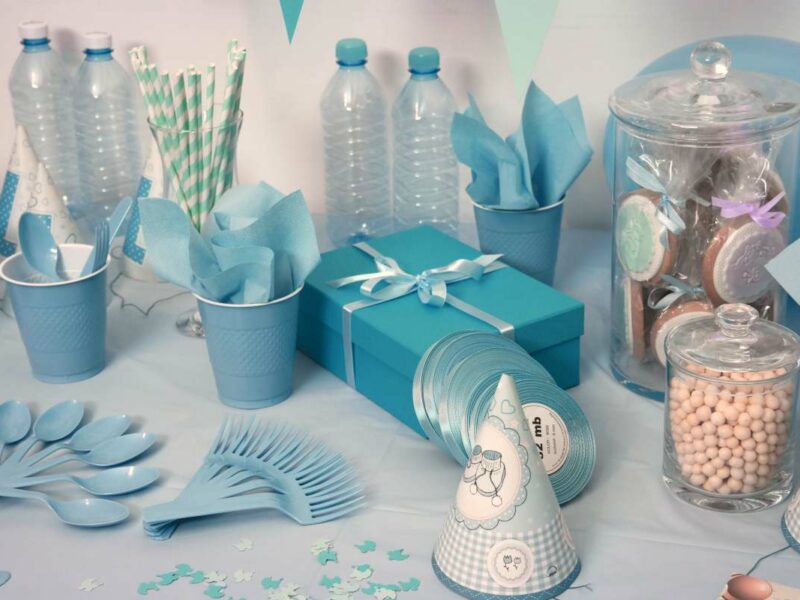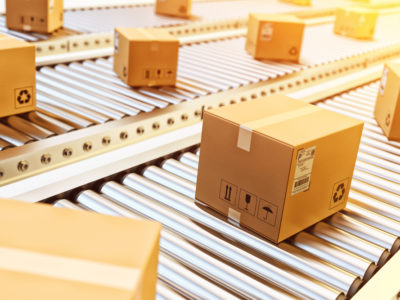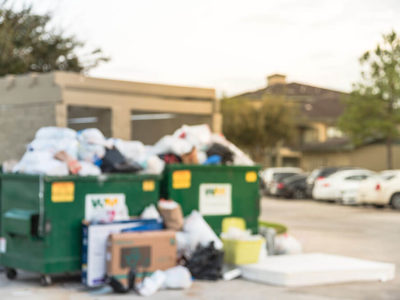Table of Contents[Hide][Show]
If you want to take care of the environment and your health, it’s time to say goodbye to plastic utensils. Here are the seven reasons why you should ditch plastic in the kitchen.
1. They Add to the Growing Pollution
When you use plastic utensils, you’re adding to the growing pollution in the world. In the United States alone, this material is now one of the leading types of municipal solid wastes.
The production of plastic requires high amounts of energy, which means excessive amounts of natural gas and fossil fuel. These can contribute to carbon emissions and, thus, global warming.
Are plastic utensils recyclable? They can be, but most of them are polystyrene, a material that cannot be recycled.
Many cities don’t collect them like garbage, and they are extremely difficult to recycle. In turn, they make up about 35% of the materials in landfills.
2. Plastic Utensils Can Contain Phthalates
Many experts like to call phthalates the “everywhere chemical.” You can find them in plastic utensils set, personal care products, water bottles, and even in the tubing used to milk cows.
Phthalate, a phthalic acid ester, is a popular industrial chemical since it makes products flexible and soft. It can also be harmful to human health.
It is a well-known endocrine disruptor. It prevents the body’s endocrine system from secreting and regulating the right amounts of hormones so you can function properly.
A review on the many studies about phthalates revealed fetuses exposed to it have an increased risk of reproductive and developmental toxicity. Some researchers also found out that three-month-old infants could have abnormal hormone levels if they drink breast milk that contains phthalates.
Phthalate exposure can happen in many ways, and that includes touching the product. To be on the safe side, avoid plastic utensils as much as you can.
3. Plastic Kitchen Utensils Can Contain BPA

Bisphenol A or BPA is another common material used in food packaging such as lining in beverage cans. You may also find them in some plastic utensils.
It is similar to phthalate in that sense, although this one is an active ingredient for making polycarbonate or hard plastic.
One of the chief complaints about BPA is being an endocrine disruptor. To be more specific, it may have the ability to mimic estrogen, the primary hormone of females.
This hormone regulates many body processes, such as:
- Formation and development of female sex characteristics
- Female reproduction or fertility
- Production of feel-good chemicals in the brain
- Prevention of bone loss
- Regulation of cholesterol production that, in turn, helps protect the heart
High levels of estrogen may increase the risks of a blood clot, boosting the chances of stroke. They may also lead to higher risks of certain breast cancers.
Like phthalates, the scientific community still can’t agree on the actual harm of BPA. Some claim the existing harmful effects from BPA in small doses.
Until they come up with a conclusion about BPA, it’s best to avoid using plastic utensils.
Related
How to Identify a Hormone Imbalance
This article reviews how hormones work, what can throw them off balance, signs and symptoms of a hormone imbalance, and some ways you can get your hormones back on track.
4. Plastic May Even Be Carcinogenic
Whether all types of plastic are carcinogenic (can cause cancer) or not is still subject to more studies. One kind, however, can fall into such a category.
Polyvinyl chloride (PVC) is a type of plastic used mostly in industrial businesses, construction, and furniture. You can also find it in plastic kitchen utensils with handles coated in PVC.
A 2012 research analysis suggested that PVC could be a carcinogenic substance, increasing the risk of liver cancer. Some studies also showed a connection between brain and lung cancers and exposure to the chemicals.
5. Plastic Cooking Utensils Don’t Last As Long As People Believe
Plastics may be more convenient than other types of materials such as wood, bamboo, or metal. It doesn’t mean they are durable.
They can still chip and, worse, melt from their regular contact with heat. They can also break into many pieces.
When you dispose of them, they can linger in the environment for more than 400 years! You may have already turned into organic matter, but the plastic you used remains.
6. They Can Be Expensive

A lot of people buy plastic utensils because they’re more affordable than the other options in the market. In fact, you can find them everywhere.
In reality, they may be more expensive money wasters in the long run. To understand that, let’s do some simple math.
Let’s say you’re having a party, and you decide to buy a 192-piece plastic cutlery set at Walmart. It will cost you no more than $15.
The question is, will you keep them for the next occasion? There’s a high chance that you won’t, so they end up in the trash cans.
Now imagine how many parties you’ll have in a lifetime. You may have about five in a year, and you’ll probably keep up with it for the next 20 years.
Doing some math, you’ll come up with a spending of more than $1,000, excluding inflation or the possible increase in prices.
7. You Have Other Alternatives to Plastic Serving Utensils
Another excellent reason to rid your kitchen of plastic is the fact that you now have safer more environment-friendly cutlery options.
For instance, you can buy bamboo cutlery sets and ladles. They are easy to clean and are highly resistant to heat, water, and stain.
When they are no longer usable, they can be compost materials, which can then nourish your garden.
You can also use stainless steel, although you need to be careful with it as it may scratch the surfaces of pans.
Instead of spending money on plastic utensils that are no good for you and the environment, get your money’s worth on things that improve your health and well-being. Alkaline Greens, for example, are great for your digestion and immune system. This 100% raw and organically produced green superfood powder contains more than 50 ingredients, from fruits and vegetables, to roots and seeds, and even more. Give it a try today and save 20% with code Well20.
If you want to be truly healthy, go beyond the food you eat. Going about your day while keeping the chemicals off your plate and out of your home feels awesome!
You May Also Like…





